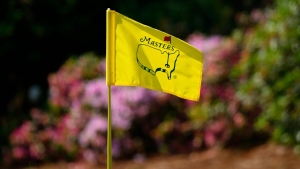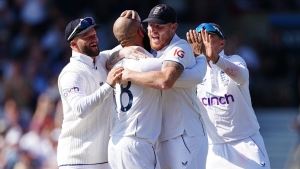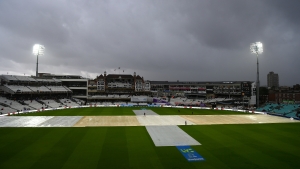Extreme heat stopped play on day two at the Australian Open as tournament chiefs stopped play on all courts without a roof due to soaring temperatures.
By the middle of the afternoon on Tuesday, the tournament's heat stress scale had reached 5, the point at which play has to be suspended.
Matches were allowed to continue through to the end of an even number of games in a set, or the end of a tie-break, before players left the court.
It led to an interruption of around two hours on all courts without a roof.
The tournament's heat policy takes account of radiant heat – the strength of the sun – plus air temperature in the shade, relative humidity and wind speed.
An initial warning of what might be set to happen came when the tournament delivered a first weather report, stating: "At 1:12pm the AO heat stress scale reached 4 and the heat policy came into play.
"This means singles players can take a 10-minute break – women between the second and third set and men between the third and fourth set of their matches. Players have the option of staying on court or using showers or cooling rooms."
Less than two hours later came confirmation play would have to stop, except for those courts where the players had shade thanks to a roof.
The tournament announced: "The AO heat stress scale has reached 5 and play will be suspended on the outside courts. There will be no play on outside courts before 5pm."
Andy Murray's gripping first-round match against Matteo Berrettini on Rod Laver Arena, the main show court, was able to continue due to that show court's roof, while play also continued on Margaret Court Arena and John Cain Arena.
American Taylor Fritz, used to playing in high heat in his native California, said he did not find conditions too oppressive.
His match on John Cain Arena began without a roof, before it was closed to allow play to go on.
"It's hot, but it's dry heat, so I don't really mind it too much," said Fritz, a dark horse for the title this year.
"Playing in D.C. last year, US Open some years, is much worse because it's so hot, plus the humidity. When it's like today, it's not that humid. I don't think it's as bad.
"As long as it's this dry type of heat, then it's not that big of a deal. If it was this hot plus humidity, then it might be an issue. It would be pretty annoying to deal with."


































